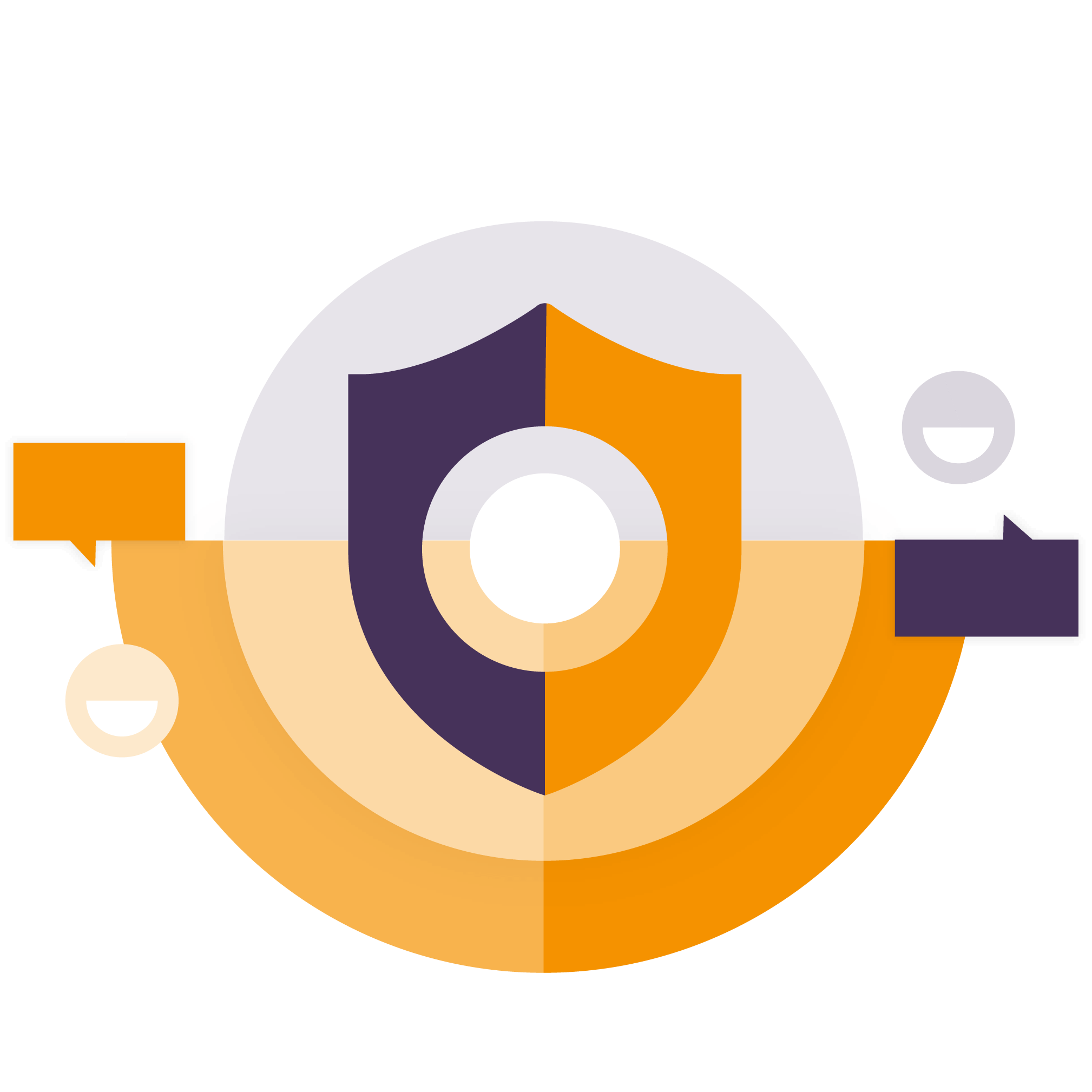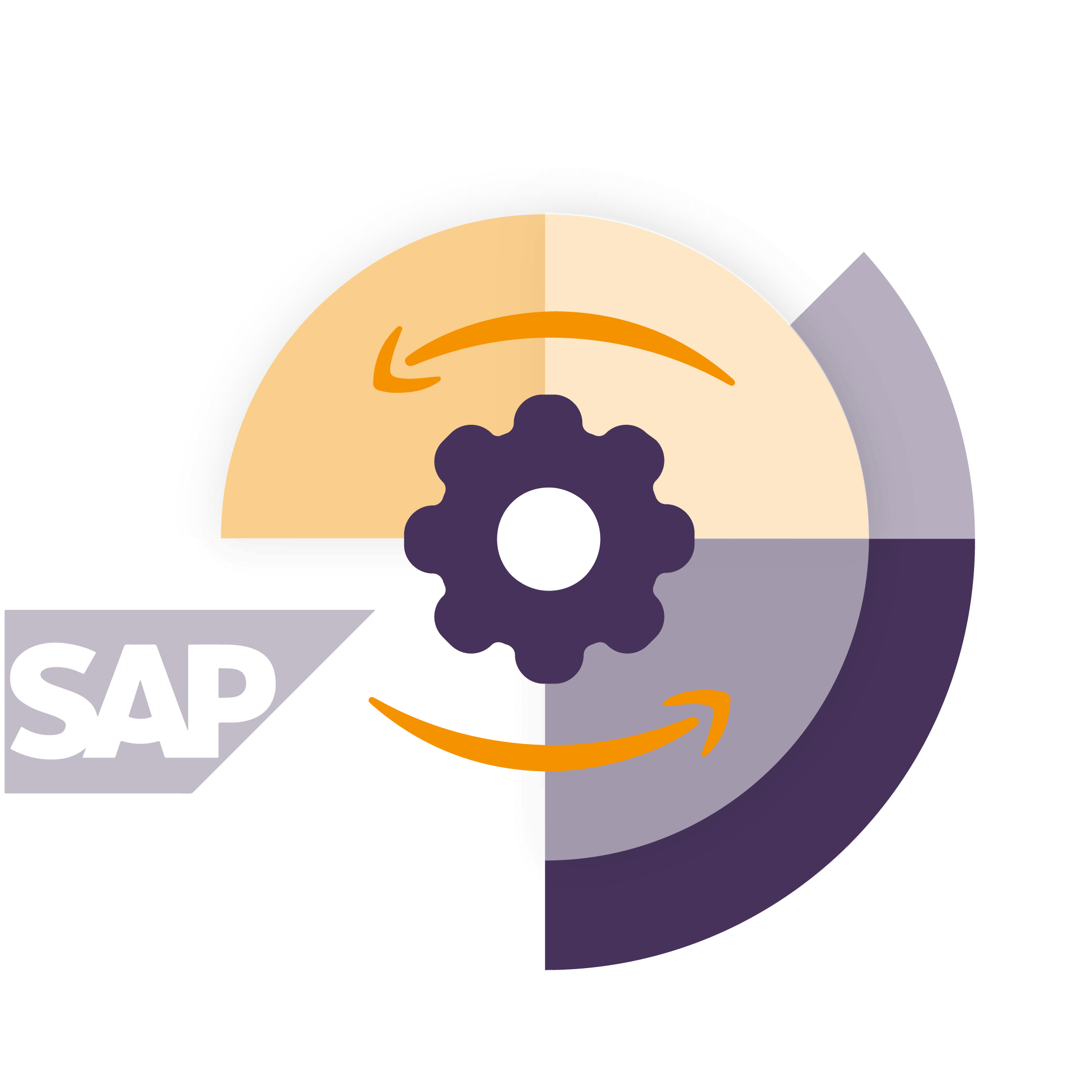AppDev for Platform

01 - The challenge
01
The challenge
Implementing AWS with Infrastructure as Code (IaC) brings its own set of challenges, regardless of the specific tool used such as Terraform, AWS CloudFormation or Azure Resource Manager.
Some common challenges include
- Complexity and learning curve
- Managing state and drift
- Abstraction and vendor lock-in
- Dynamic and evolving cloud services
- Testing and validation
- Security and compliance
- Collaboration and version control
To address these challenges, it is essential to invest in proper training, adopt best practices, leverage community resources, and stay up to date with cloud provider documentation and updates. Building a solid foundation in infrastructure as code principles and establishing clear processes for collaboration, testing, and state management can help mitigate these challenges and ensure successful implementation of infrastructure in the cloud.
02 - The solution
02
The solution
Other solutions

24/7 Managed Services
Although operation and support go hand in hand, ensuring the proper and efficient functioning of the system does not require 24/7 service, in contrast to support, whose failure-related tasks - troubleshooting, fault escalation, problem management, disaster prevention - require high availability due to their criticality. And of course, a 24/7 on-call support according to ITIL regulations requires at least 5 qualified support professionals due to the 3 shifts, vacations, and illnesses. And the majority of customers rarely have this number of employees, especially in the field of cloud-based computing, which is still new today but is emerging.

TC2 MAP (Migration Acceleration Program)
The use of cloud computing and digitalization is a prerequisite for improving the efficiency of business operations, the ability to adapt to market changes, the development of elasticity agility and optimal cost structures.

SAP on AWS
SAP systems play a key role in the everyday processes of many companies worldwide. They require special hardware and extremely high availability being business-critical systems. With the introduction of the SAP HANA database and the retirement of SAP support for alternative databases, it will be essential for hundreds of companies to switch platforms in the next 5-10 years. However, this can be a risky project in a traditional environment because of the magnitude of hardware estimation, acquisition, and lifecycle tracking.